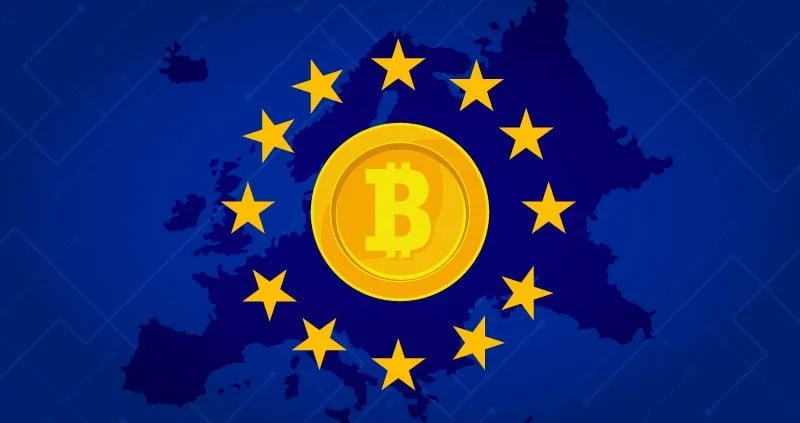European Union regulators have sanctioned cross-border cryptocurrency transfers, crypto-asset wallets, accounts, and custody services from Russian user accounts.

In response to the protracted and lately intensified conflict in Ukraine, the European Union announced new sanctions against Russia on October 6.
The new measures include a total prohibition on cross-border cryptocurrency transfers between the European Union (EU) and Russia. The phrase “any crypto-asset wallets, accounts, or custodial services, regardless of the amount of the wallet,” is included in this prohibition.”
Along with force mobilization and nuclear escalation threats, further sanctions were put in place in reaction to Russia’s illegitimate acquisition of Ukrainian land following what the EU terms a “fake” referendum.
The previous restrictions set a $10,000 ($9,900) limit on cryptocurrency transfers from Russian to EU wallets.
However, the EU’s goal to “further deny the Kremlin’s military and industrial complex of crucial components and technologies” is aligned with this new absolute restriction on cross-border cryptocurrency payments between the regions.”
Russia legalizes crypto for cross-border transactions
This occurs after Russian government officials already authorized the use of cryptocurrency for international payments. The statute that authorized these transactions included information on how to obtain cryptocurrency and its applications.
The choice was in line with the Central Bank of Russia’s decision, made on September 5 of last year, to legitimize cryptocurrency for international payments.
Russia intends to deploy a central bank digital currency, which is now in a pilot phase, for transaction settlements in its dealings with China. Prior to 2020, the country passed a law outlawing payments made using digital assets.
However, when the EU’s sanctions continued to be tightened, the United States imposed more barriers against Russia. Due to neo-Nazi paramilitary activity, the U.S. Treasury Department on September 15 placed 22 Russian citizens and two entities with offices there to its own list of sanctioned parties.
